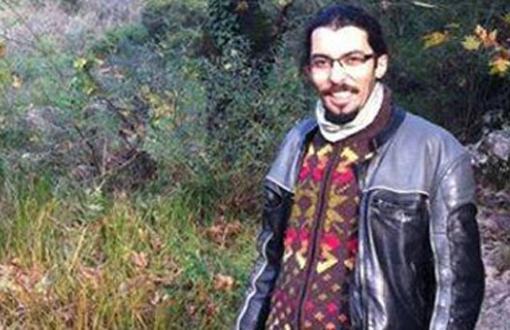Gezi Protestor’s Death Not Found “Suspicious”

Istanbul Prosecutor’s Office issued its decision on the case of Serdar Kadakal, a Kadıköy resident who allegedly died due to extreme use of tear gas after a Gezi Resistance protest in Istanbul.
The office decided not to follow charges, saying that his death was not suspicious.
İsmail Demirci, Kadakal family advocate, told bianet that they would object the decision.
“During the demonstrations to commemorate Ahmet Atakan on September 13 and before that, police used extreme volumes of tear gas for three consecutive days in Kadıköy district. His death might be related to this factor,” a witness statement concluded.
Forensics Institute 1st Expertise Chamber issued a report saying that Kadakal’s death was due to his heart disease.
No crime scene report
Serdar Kadakal’s autopsy report has been submitted to the prosecutor’s office 3 months after the incident.
The report, issued on December 24, 2013, has not specified Kadakal’s cause of death.
“The report cites that forensics doctors need a crime scene report. However, such report doesn’t exist,” advocate Demirci told bianet. ,
Tear gas for 3 days
Kadakal’s acquintances said that he had been exposed to tear gas for three days straight before his death in Kadıköy.
“Police used extreme volumes of tear gas around his apartment and workplace in Kadıköy, especially on the night of September 12. He has been suffering from a heart condition since 1996.”
What happened?
Serdar Kadakal (37) died in Kadıköy district on the night of September 13. A cardiac patient, Kadakal has been hospitalized around 11 pm local time on his night shift.
Delayed due to lack of ambulance support, Kadakal has been declared dead as he was admitted to the hospital.
Istanbul Police Headquarters made the following statement regarding the allegations that Kadakal’s death was due to the high exposure of tear gas:
"Serdar Kadakal’s coworkers and acquintances stated that Kadakal had heart surgery in 1996, current used a heart pacemaker, consumed alcohol and cigarette despite doctor disapproval, used his medications irregularly and no police intervention took place at the day of his death." (AS/BM)
bianet submits shadow report to UN Human Rights Committee

Imprisoned lawyer exposes use of disciplinary investigations to pressure political prisoners

Tap water ‘smells of bleach’ in Muğla prison

Censorship on a letter from prison describing hunger

Prisoner on hunger strike: 'I am alone without sunlight'





